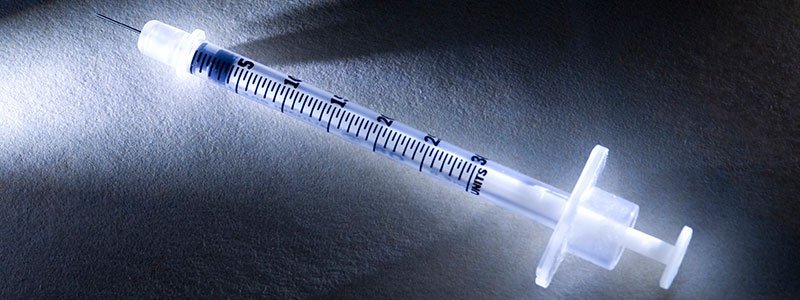Diabetes Quiz: Test Your Medical IQ (answer)
Answers FAQ
Diabetes FAQs
- What is diabetes?
- Diabetes can be cured with diet, exercise, and medication. True or False?
- What are symptoms of diabetes?
- Insulin is a natural hormone secreted by which organ or gland?
- People who are obese are more likely to develop type 2 diabetes. True or False?
- Prediabetes is considered a reversible condition. True or False?
- Type 2 diabetes can cause long-term damage in what parts of the body?
- What is gestational diabetes?
- People with diabetes are prone to infections. True or False?
- With type 1 diabetes, the body does not produce insulin. True or False?
- When the body does not respond to the insulin it makes, what type of diabetes is it?
- What is a condition in which the kidneys are unable to conserve water?
- Improve your Health I.Q. on Diabetes
- Diabetes Related Slideshows
- Diabetes Related Image Collections

Q:What is diabetes?
A:Diabetes mellitus, often referred to simply as diabetes, is a group of metabolic conditions characterized by elevated levels of blood sugar.
Diabetes results from problems with insulin action or secretion from the pancreas.

Q:Diabetes can be cured with diet, exercise, and medication. True or False?
A:False.
There is no cure for diabetes, and it persists throughout life. However, diet, exercise, and medication can help manage glucose levels and prevent complications.

Q:What are symptoms of diabetes?
A:Diabetes affects many different body systems and causes a number of symptoms, including excessive hunger and/or thirst, dry mouth, increased urination, tiredness, unexplained weight loss, headaches, and vision changes.
Poor healing of sores, vaginal infections, impotence, weight gain, numbness or tingling of the extremities, and itchy skin can also be associated with diabetes.

Q:Insulin is a natural hormone secreted by which organ or gland?
A:The pancreas.
Blood sugar levels are controlled by the hormone insulin, which is produced in and secreted by the pancreas.

Q:People who are obese are more likely to develop type 2 diabetes. True or False?
A:True.
Those with increased body fat are at higher risk for type 2 diabetes. Risk is greatest for those with excess fat carried around the waist. These people are also at increased risk for hypertension, high cholesterol levels, and heart disease compared with those who are lean or carry fat around the hips.

Q:Prediabetes is considered a reversible condition. True or False?
A:True.
Prediabetes has been referred to as "impaired glucose tolerance" and is thought to be an early, potentially reversible, stage of type 2 diabetes.

Q:Type 2 diabetes can cause long-term damage in what parts of the body?
A:Diabetes can cause damage to many different organs, including the nerves, blood vessels, eyes, and kidneys.

Q:What is gestational diabetes?
A:Gestational diabetes is diabetes that occurs during pregnancy.
It increases the risk of developing complications for both mother and baby.

Q:People with diabetes are prone to infections. True or False?
A:Diabetes can slow down your body's ability to fight infections.
High blood sugar (glucose) leads to high levels of sugar in your body's tissues. When this happens, bacteria grow and infections can develop more quickly in people with diabetes.

Q:With type 1 diabetes, the body does not produce insulin. True or False?
A:True.
People with type 1 diabetes do not produce insulin and must take insulin injections.

Q:When the body does not respond to the insulin it makes, what type of diabetes is it?
A:Type 2 diabetes.
People with type 2 diabetes can produce insulin, but their bodies cannot respond properly to the insulin that is made.

Q:What is a condition in which the kidneys are unable to conserve water?
A:Diabetes insipidus.
Diabetes insipidus is different from diabetes mellitus. Diabetes insipidus is characterized by an inability of the kidneys to conserve water, resulting in large volumes of dilute urine and frequent thirst.
Source quiz on MedicineNet
Improve your Health I.Q. on Diabetes
Diabetes Related Slideshows
Diabetes Related Image Collections
- Oral Health Conditions
- Scalp, Hair and Nails
- Eye Diseases and Conditions
- See All Image Collections

